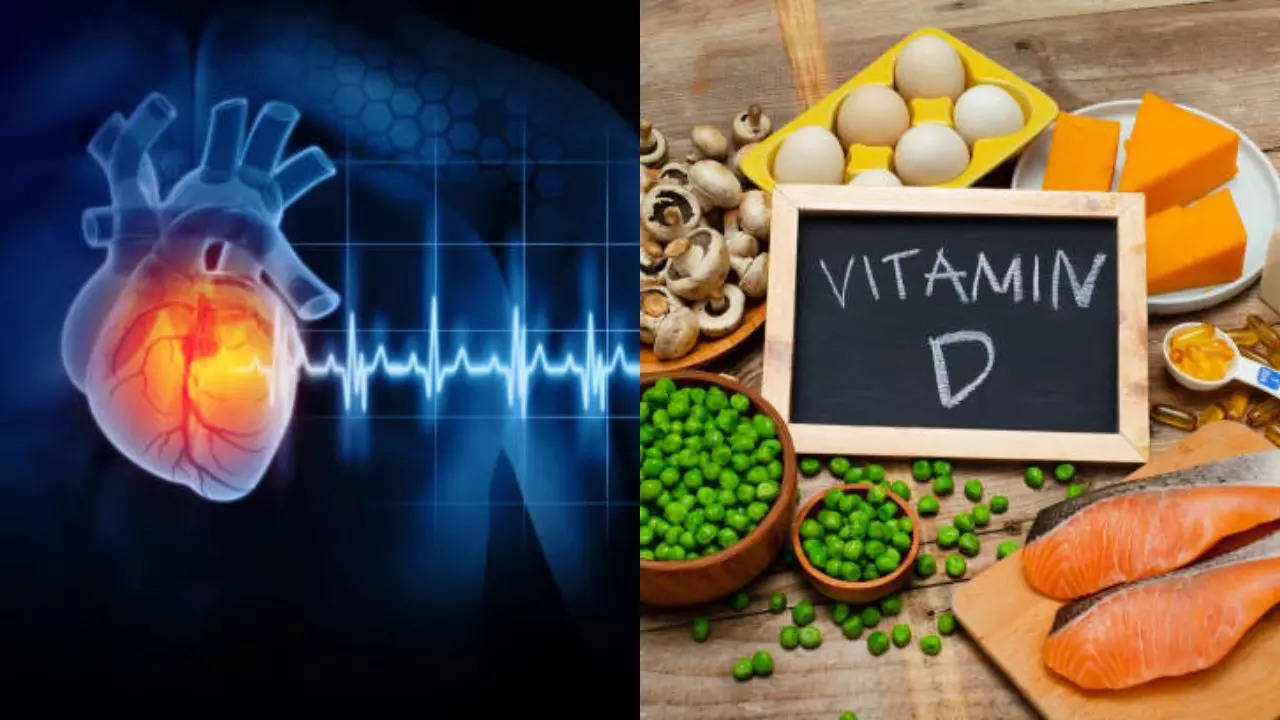Natural killer (NK) cells are pivotal in the innate immune response against cancer and viral infections, with their presence in tumors correlating to better patient outcomes in various cancers. However, NK cells in the tumor microenvironment often become functionally exhausted, characterized by decreased numbers and impaired functions due to imbalances in immune regulatory signals. This exhaustion is influenced by immune checkpoint receptors, which are inhibitory cell surface receptors that can suppress antitumor immunity.
Notably, intracellular checkpoint molecules within NK cells, such as FBP-1, EZH2, CIS, TIPE2, and HIF-1α, play a significant role in NK cell exhaustion by affecting their metabolism, proliferation, survival, and cytotoxic activity. These molecules offer a universal target for cancer immunotherapy , as their impact on antitumor immunity is consistent across different contexts. The intricate relationship between NK cells and cancer is further complicated by the expression of HLA class I molecules, which interact with inhibitory KIRs on NK cells to regulate their activity.
The polymorphic nature of KIRs and their ligands adds a layer of complexity to NK cell interactions with tumor cells. Moreover, other inhibitory receptors like CD94/NKG2A, PD-1, TIGIT, and TIM-3, which are often expressed in tumor tissues, serve as context detectors, influencing the antitumor immunity based on the presence and levels of their ligands. Intracellular checkpoint molecules like.

















